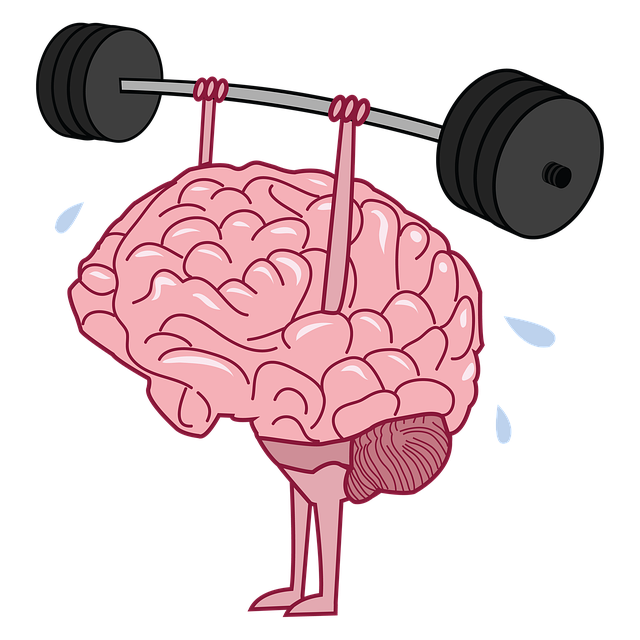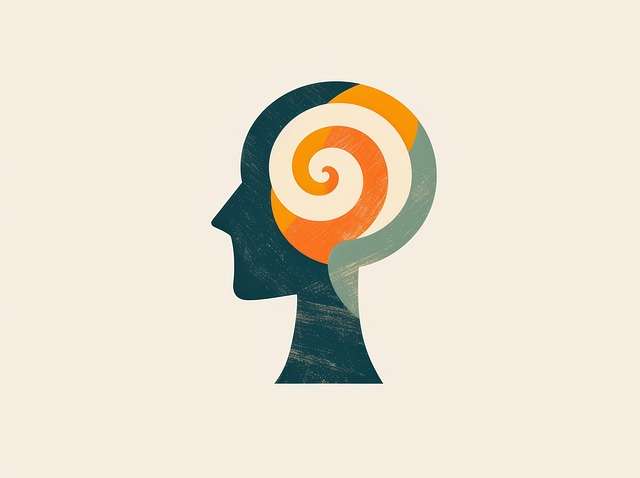Emotional intelligence (EI) is crucial in elderly care, especially for those with terminal illnesses, as it fosters empathy and communication, improves quality of life, and ensures dignified treatment. Misinterpretation of silence can lead to unaddressed fears and anxiety among elders struggling to express their feelings. Therapy for terminally ill seniors incorporates crisis intervention, stress management, art therapy, support groups, and mental wellness podcasts to help them process emotions and adopt effective coping strategies. This tailored care enhances mental wellness, navigates emotional challenges, and promotes dignity during end-of-life transitions.
Emotional intelligence (EQ) is a powerful tool for enhancing quality of life, especially among the elderly. This article explores EQ’s profound impact on elder care, particularly in managing terminal illnesses. We delve into recognizing and addressing emotional challenges unique to this demographic. Through strategies tailored for elders, it offers guidance on boosting EQ. Additionally, we highlight the essential role of therapy in navigating end-of-life emotional journeys, focusing specifically on therapies designed for elders with terminal illness.
- Understanding Emotional Intelligence and its Impact on Elderly Care
- Recognizing Emotional Challenges in Terminal Illness
- Strategies for Enhancing Emotional Intelligence in Elders
- The Role of Therapy in Navigating End-of-Life Emotional Journeys
Understanding Emotional Intelligence and its Impact on Elderly Care

Emotional intelligence (EI) is a crucial aspect of elderly care, especially when addressing the unique needs of seniors with terminal illnesses. EI involves recognizing and managing one’s own emotions and understanding and responding appropriately to others’ emotional states. In the context of healthcare, this translates into creating a supportive environment that fosters empathy and compassionate communication.
By integrating EI into care practices, caregivers can significantly improve the quality of life for elderly patients. Empathy building strategies, such as active listening and non-verbal cues, can help reduce anxiety relief in seniors facing serious health challenges. Public awareness campaigns focused on developing emotional intelligence can educate both healthcare professionals and the general public about the value of EI in elder care, ensuring that every individual receives dignified and compassionate treatment during their final journey.
Recognizing Emotional Challenges in Terminal Illness

Dealing with a terminal illness can be an incredibly emotional journey, especially for elders facing the end of life. Recognizing and understanding their unique emotional challenges is a crucial step in providing adequate support. Many elderly individuals may struggle to express their feelings openly, often due to cultural norms or personal resilience strategies developed over a lifetime. This silence can be misinterpreted as emotional stability, when in reality, they might be facing fear, anxiety, or even denial regarding their diagnosis.
Therapy for elders with terminal illnesses plays a vital role in helping them navigate these uncharted waters. Crisis intervention guidance and stress management techniques are essential tools to aid in this process. Through specialized care, healthcare professionals can assist the elderly in processing their emotions, providing them with effective stress reduction methods to cope with the profound changes they are experiencing. By addressing emotional challenges head-on, we can ensure that they receive comprehensive support during one of the most difficult periods of their lives.
Strategies for Enhancing Emotional Intelligence in Elders

Enhancing emotional intelligence is a valuable aspect of aging well, especially for elders facing the challenges of terminal illness. While traditional therapy models can be beneficial, incorporating specific strategies tailored to this demographic can significantly improve their overall mental wellness. One effective approach is focusing on building resilience, which involves teaching coping mechanisms and emotional regulation techniques to help them navigate the emotional rollercoaster that often accompanies serious health conditions.
A range of activities can support resilience building, from engaging in creative outlets like art therapy to participating in support groups where elders can share their experiences and gain valuable peer insights. Additionally, mental wellness podcast series production offers an accessible way for elders to learn about stress management techniques, mindfulness practices, and emotional intelligence strategies from the comfort of their homes. These podcasts can cover a wide range of topics, ensuring that elders have the tools to maintain their emotional balance during what may be a stressful period in their lives.
The Role of Therapy in Navigating End-of-Life Emotional Journeys

For many elderly individuals facing a terminal illness, therapy plays a pivotal role in navigating their emotional journeys. It provides a safe space to process profound feelings, fears, and anxieties that often accompany such diagnoses. Through compassionate guidance from mental health professionals, therapy can help elders promote emotional well-being, enhancing their quality of life during this challenging period.
This therapeutic process involves exploring various emotions, including grief, loss, and hope, using evidence-based techniques tailored to their unique experiences. Risk assessment is crucial for both the patient’s emotional safety and the mental health professional’s self-care. By employing these strategies, therapy empowers elders to face end-of-life transitions with dignity, fostering a deeper understanding of themselves and their relationships in what can be a profoundly transformative period.
Emotional intelligence plays a pivotal role in enhancing the quality of life, especially for the elderly and those facing terminal illnesses. By recognizing and understanding emotional challenges, we can implement strategies to foster emotional well-being. The article highlights the importance of therapy as a tool for elders to navigate their end-of-life emotional journeys, offering support and guidance to help them embrace this phase with dignity. Through these approaches, we can create a more compassionate and caring environment, ensuring that every individual receives the best possible care during their most vulnerable times.









